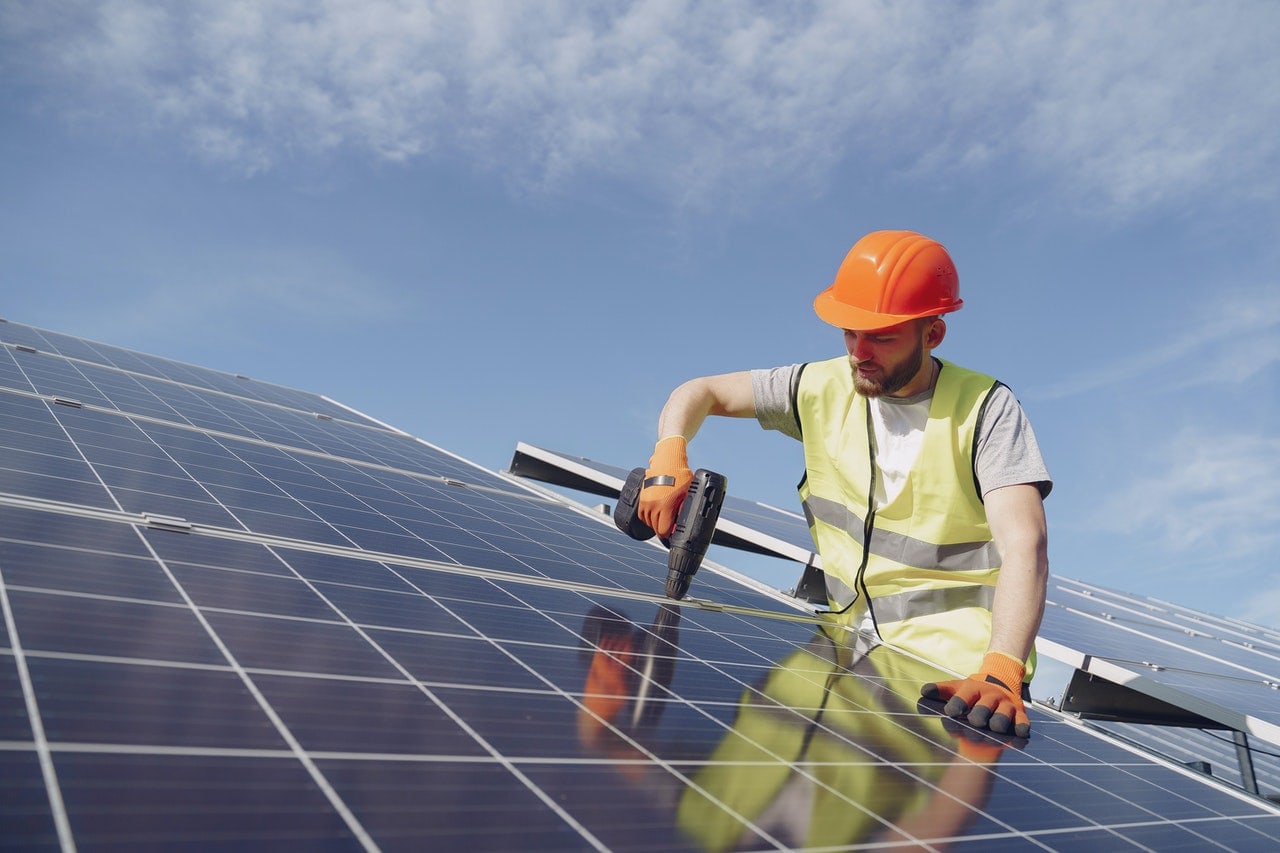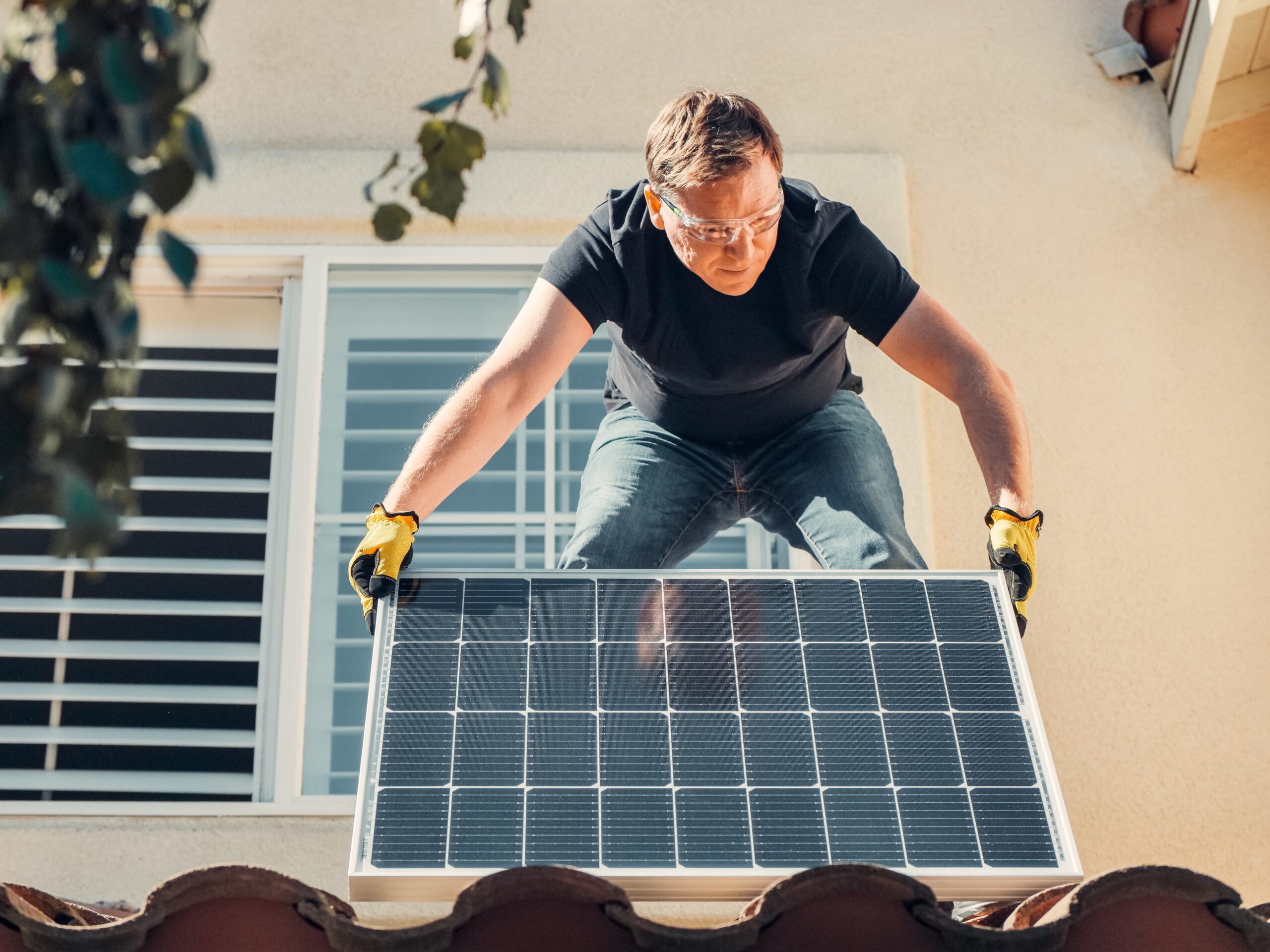9 Tips To Optimize Your Home Solar Panels – Greener Ideal
Home solar panels are gaining popularity because they are a great way to save on your energy bill and help the environment. Solar panels are installed to optimize efficiency, but what about maximizing their output afterward?
By following these tips, you can be sure you are getting the most out of your solar panels.
9 Tips to get the most value out of your home solar panels
1. Run appliances during daylight hours
For appliances that can be run at any time, try to use them during power-generating daylight hours.
Adjust your habits if needed, and run your washer, dryer, and dishwasher during the day. Make use of the machines’ delayed start functions so they will start operating in the morning and you don’t have to worry about forgetting to turn them on.
2. Charge phones and other devices during daylight hours
I think most people put their phones on charge overnight so they have a full battery at the beginning of the day. But if you’re at home during the day, there is no reason not to have it charging then and using solar power.
The same goes for laptops, tablets, and any other batteries or battery-powered devices that you charge, such as vacuum cleaners and garden tools.
3. Understand which hours of the day your solar panels are producing power

You can monitor when your solar panels are producing power using an app connected to your solar energy system or through your energy provider.
It is worth checking this monthly as the days get longer or shorter depending on the season. By doing this, you can set your appliances to run at the correct times.
Heating and cooling are the most energy-intensive household activities but as they are for comfort and temperature dependent, you can’t just run them when the sun is shining. However, knowing the hours of solar energy production may mean you can turn off the air conditioning at the end of the day and open a window to keep cool for the evening.
4. Switch appliances from gas to electric
While previously gas may have been the more economical option, you are now getting electricity for free during daylight hours.
If you have appliances that run on gas, like a stovetop, oven, heater, or water heater, consider switching them to electric when they are due to be replaced.
5. Use timers to limit standby power at night
Many electronics will use a small amount of power when they are plugged in, even if not in use.
Consider adding timers at the power point that will cut the electricity supply during nominated hours when they are unlikely to be needed, like 12 am – 5 am for the computer, TV, DVD player and router.
6. Maintain trees to avoid throwing shade over solar panels
Hopefully, when your solar panels were installed, they were positioned away from areas of the roof that come into the shade from either buildings or trees. However, trees grow and may cast shade on your solar panels at certain times of the day.
Keeping the trees pruned so that they’re not too close to the house will not only avoid casting shade over your solar panels, but it will also prevent gutters from filling up with leaves and the potential of falling branches from causing damage during a storm.
7. Clean solar panels annually

Luckily solar panels are angled when installed, so most debris will slide right off. But leaves, bird poo, and even dust will block the sun’s rays from hitting the solar panel cells, so it helps to improve your solar power generation if they are kept clean.
Usually, a spray with the garden hose from ground level will do the trick. A few things to note, though. The solar power system must be switched off and ensure water is only hitting the top of the panels and not spraying directly underneath them where the wiring is. If your local water source is hard water, then avoid using it on your solar panels, as it can cause scaling.
If additional cleaning and elbow grease are required, then ensure to use a non-abrasive sponge. If you’re concerned about damaging your solar panels with a DIY clean, then call a professional to clean them for you.
8. If using an app, set up to provide notifications if the system faults
Sorry to state the obvious, but if your system faults (and it can happen), then you are not generating any electricity from your solar cells. Without notification, it could be days or weeks before you realize it.
So if you are using an app, it is well worth it to set up a notification if there’s a fault. If that’s not an option, then even an emailed weekly activity report would help you to identify if the system has gone down so you can rectify it.
9. Install a battery
I have put this last because installing batteries for home solar is totally cost-prohibitive for most households. However, if good subsidies are offered in your location and you use a lot of power at night time, then it might be worth it for you.


